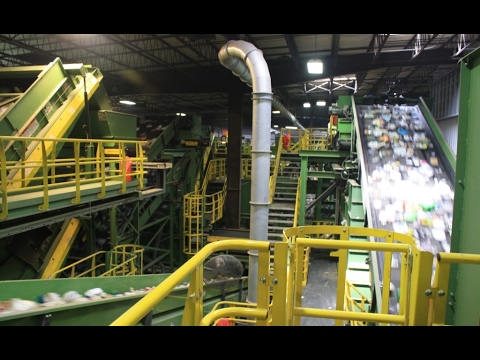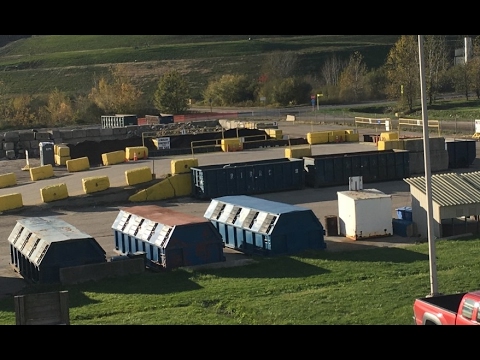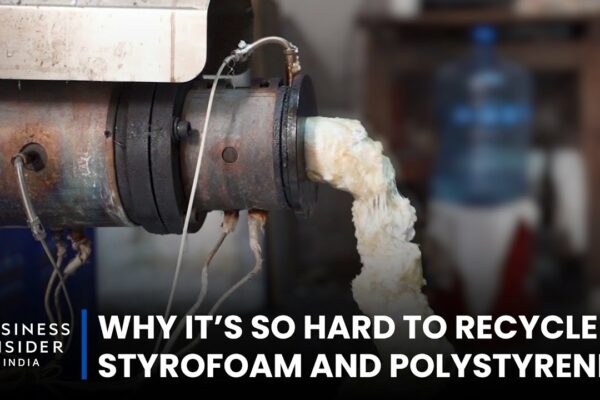
Is it possible to recycle shredded paper in Rhode Island?
Shredded paper poses a unique challenge for recycling in Rhode Island. Due to its small size and mixed material composition, most recycling facilities cannot process it efficiently. However, some drop-off locations and specialized services accept shredded paper. It is crucial to remove any non-paper contaminants and consider alternative uses for shredded paper, like composting or pet bedding. To ensure eco-friendly practices, always research local recycling guidelines and seek proper disposal methods for shredded paper in Rhode Island.



